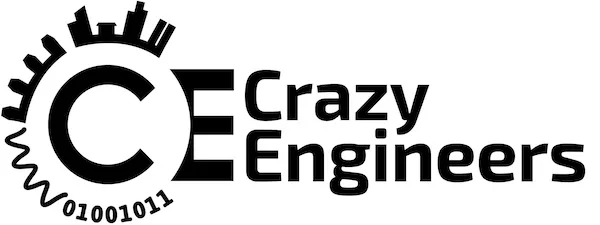Its Dark-but you can see! A 'night vision' device
It was accidental.I had the tv remote in my hand and my mobile in the other.The mobile camera was on and was pointing it to the TV.Then accidentally i pointed it to the LED of remote and i pressed some switch on the remote - I could see a whitish rose glow!
Though we cant see that light with naked eyes, its possible to be viewed on a camera. I tried the same with digital cameras and i could see the glow.
I think we can make a complete night vision set with some of those LEDs and a camera-a simple cell phone camera which is now very common.I tried to make a torch with those LEDs, but my main problem is i couldn't get sufficiant intensity. 😕
I thoght i would get some help from CEans and also some of you could be successful with this.
